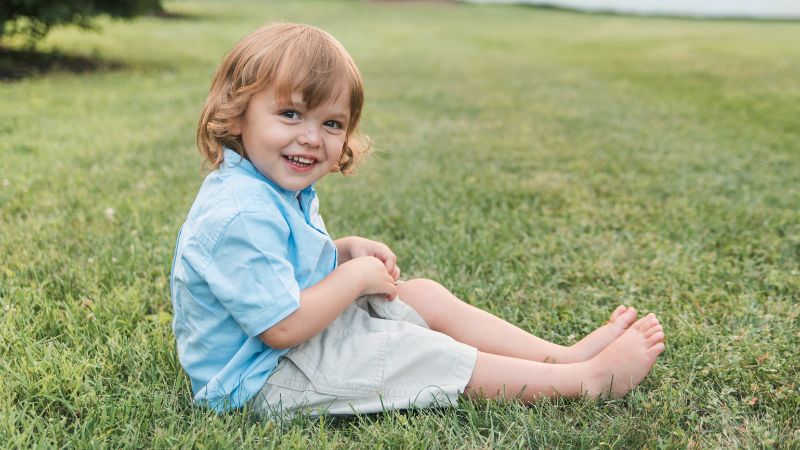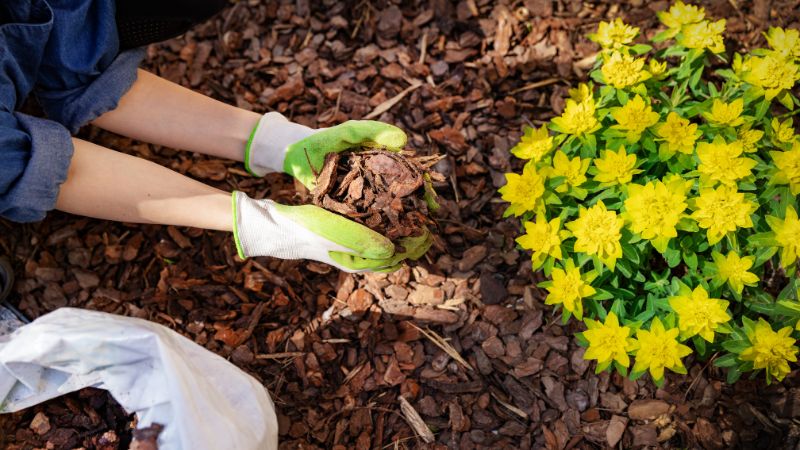Engaging your 3-year-old in educational activities is essential for their development. At this age, children are curious, eager to learn, and enjoy exploring the world around them. By incorporating fun and interactive activities into their daily routine, you can help them develop essential skills in a playful and enjoyable way. Here are ten of the best learning activities for your preschooler.
Recognizing Letters and Sounds
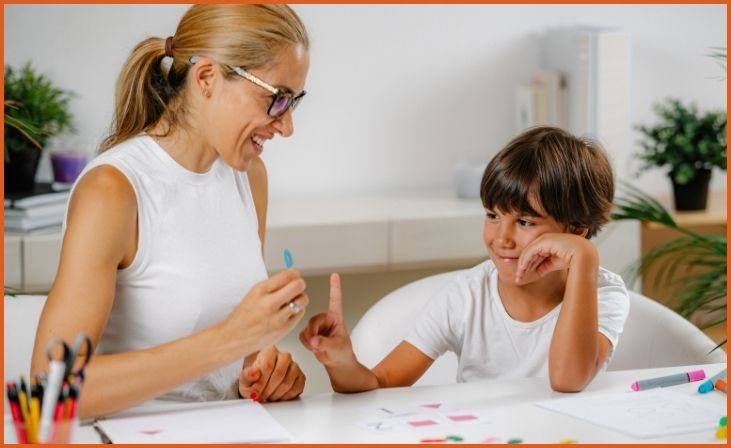
Incorporating family games, pretend play, or daily activities into learning helps 3-year-olds enjoy recognizing letters and sounds. These activities can include singing alphabet songs, playing letter-matching games, or using flashcards with colorful images. By making letter recognition a part of everyday life, children can develop a strong foundation in literacy. Engaging in these activities helps preschoolers become familiar with the shapes and sounds of letters, which is crucial for their future reading and writing skills.
Reading with Your Child
Reading to your child is one of the finest things you can do for their development. It helps youngsters acquire sight words, develop their imagination, and understand the world. By making storytime a daily routine, you can instill a love of books and learning in your child. Choose books with vibrant pictures and engaging stories to capture their interest. As you read, point to the words and pictures, and encourage your child to ask questions and make predictions about the story. This interactive reading experience enhances their vocabulary and comprehension skills.
Making Up Stories
Children adore listening to and telling stories, which may be done anywhere, anytime. Doing it in a car, at bedtime, or in line at the grocery store is ideal. Encourage your child to use their imagination by creating stories together. You can start a story and let your child add details or come up with entirely new tales. This activity not only fosters creativity but also helps develop their language and narrative skills. Making up stories can be a bonding experience and a delightful way to pass the time.
Playing a Number Game
Number sense games are a fun method for kids to learn numbers, counting, and fundamental mathematics. Simple games like counting objects, identifying numbers in the environment, or playing with number puzzles can make learning math concepts enjoyable. These activities help preschoolers understand the basics of numbers and their relationships, setting a strong foundation for more advanced mathematical learning in the future. Additionally, playing number games together can enhance their problem-solving skills and critical thinking.
Sorting Activities
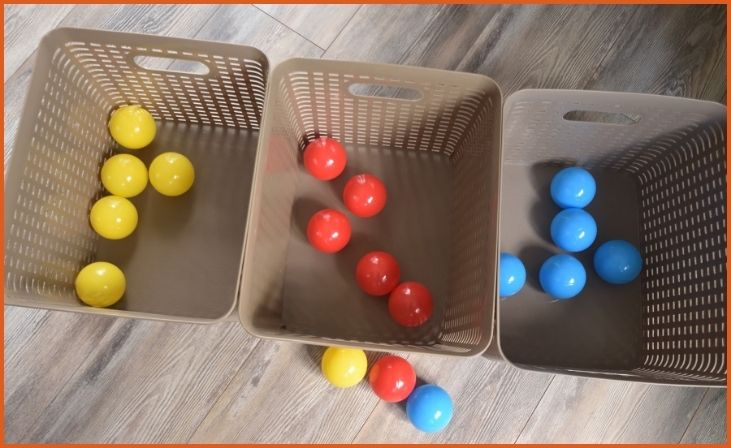
Sorting is a fun way for kids to learn about size, shape, color, and more. They also learn problem-solving skills through this activity. Provide your child with various objects like buttons, blocks, or toy animals, and ask them to sort them by different categories. This activity helps develop their cognitive abilities and organizational skills. Sorting also enhances their ability to recognize patterns and make comparisons, which are essential for logical thinking. Encourage your child to explain their sorting choices to further develop their communication skills.
Drawing
Drawing is a 3-year-old preschool favorite. At this stage, a child’s creative talents are unimportant. Drawing lets kids express themselves, practice fine motor skills, and have fun! Provide a variety of drawing materials like crayons, markers, and colored pencils, and let your child create their masterpieces. Encourage them to draw shapes, people, animals, or anything that interests them. This activity not only boosts their creativity but also strengthens their hand-eye coordination and fine motor skills, which are important for writing.
Building with Blocks
Block building is a simple, mess-free activity for 3-year-olds at home. The creativity and enjoyment students can have with this little exercise is incredible. Blocks come in various shapes and sizes, and children can use them to build structures, practice balancing, and understand spatial relationships. Building with blocks promotes problem-solving, critical thinking, and fine motor skills. It also encourages cooperative play if done with others, helping children develop social skills like sharing and teamwork.
Paper Cutting with Safety Scissors
Kids feel powerful with tools. They’re proud when they cut the paper! Providing your child with safety scissors and paper allows them to practice cutting, which improves their hand strength and coordination. Start with simple straight lines and progress to more complex shapes as they become more skilled. This activity not only develops their fine motor skills but also boosts their confidence and independence. Always supervise your child during this activity to ensure safety and provide guidance.
Doing Daily Chores
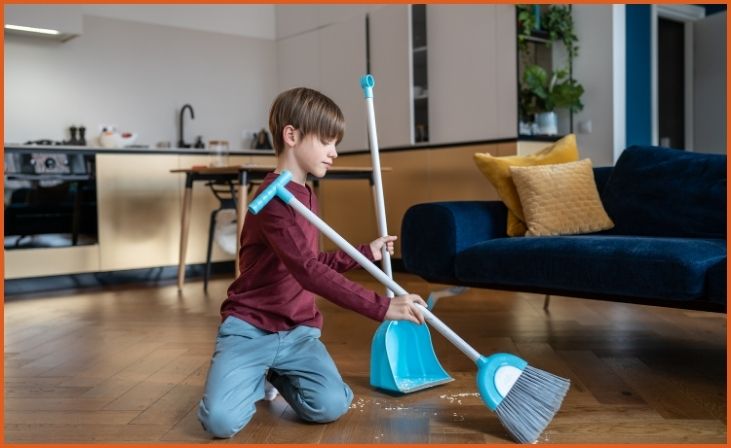
Let your toddlers try and you’ll be shocked at what they can do. Giving kids modest duties makes them feel pleased and teaches them life skills. Simple tasks like setting the table, picking up toys, or watering plants can be both fun and educational. Involving your child in daily chores helps them understand responsibility and the importance of contributing to the household. It also provides opportunities for learning new vocabulary and following instructions, which are essential for their overall development.
Role-Playing
Role plays are great for 3-year-olds because they teach kids about emotions, people, and situations. Encourage your child to engage in pretend play by providing costumes, props, and scenarios. Whether they are pretending to be a doctor, a chef, or a superhero, role-playing helps them explore different roles and develop their social and emotional skills. It also enhances their creativity and imagination. By acting out various situations, children learn empathy and better understand the world around them.

